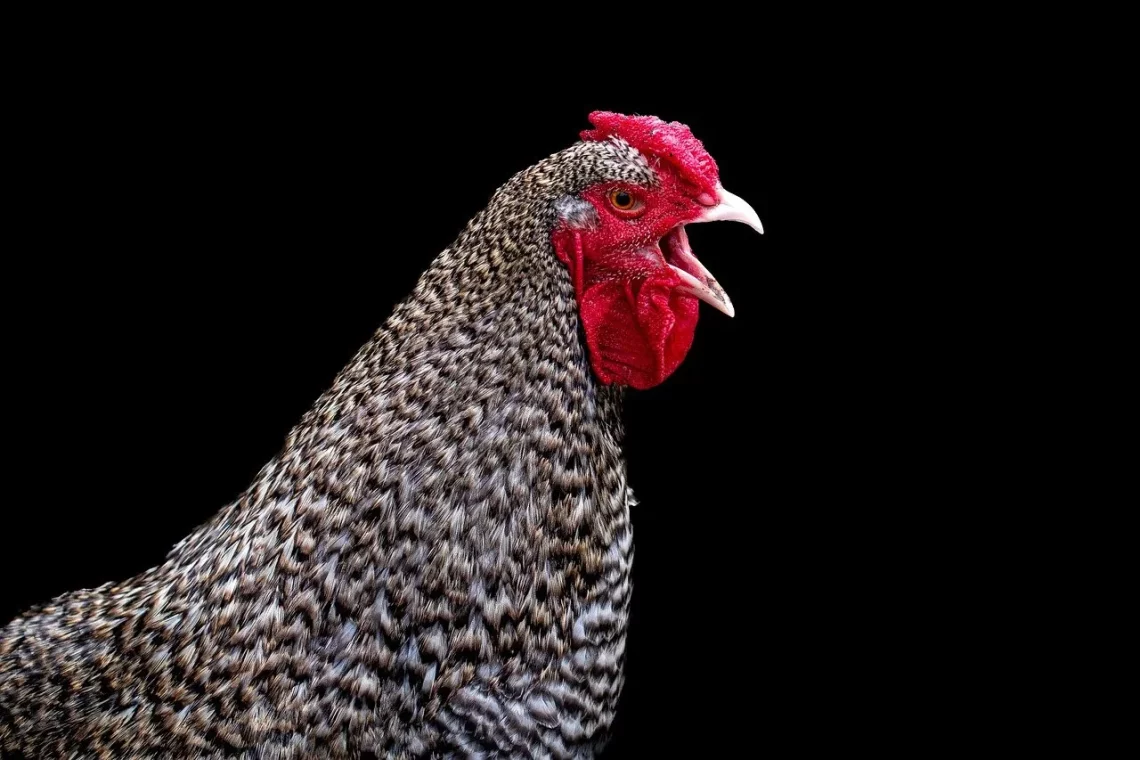-
Can Chickens Get Rabies? Understanding Risks and Prevention
Chickens are one of the most popular domesticated animals around the world, cherished not only for their eggs and meat but also for their companionship. As such, understanding their health and the potential risks they face is essential for any chicken owner. Among the many health concerns that can affect these birds, rabies is often mentioned, leading to confusion and concern among poultry keepers. Rabies, a viral disease most commonly associated with mammals, particularly affects the nervous system and is typically transmitted through bites from infected animals. While it’s crucial to be aware of various diseases that can impact chickens, the specific question of whether chickens can get rabies requires…
-
How to Identify Signs of Rabies in Dogs
Rabies is a viral disease that primarily affects mammals, including dogs. Although it is preventable through vaccination, the threat of rabies remains a significant concern in many regions worldwide. This disease can be transmitted through the bite of an infected animal, and it progresses rapidly once symptoms appear. Understanding the signs of rabies in dogs is crucial for dog owners, as early detection can make a significant difference in treatment outcomes. Infected dogs may exhibit a range of behaviors and physical symptoms that can be alarming for pet owners. Rabies is notorious for its effects on the nervous system, leading to a variety of neurological symptoms that can be mistaken…
-
How Often Should Dogs Receive Rabies Vaccinations for Safety?
Vaccination is a crucial aspect of responsible pet ownership, particularly when it comes to protecting our dogs from preventable diseases like rabies. Rabies is a viral infection that poses a significant threat to both animals and humans. This zoonotic disease is often fatal, and once symptoms appear, it is almost always too late for effective treatment. Consequently, ensuring that your dog is vaccinated against rabies is not just a legal requirement in many places; it is also a vital step in safeguarding their health and the wellbeing of your family and community. The rabies virus is typically transmitted through the saliva of an infected animal, often via bites. In many…
-
How Often Should Dogs Receive Rabies Vaccinations?
Vaccinations play a crucial role in maintaining the health and well-being of our canine companions. Among these, the rabies vaccine is one of the most important, as rabies is a fatal viral disease that can affect not only dogs but also humans and other animals. The spread of this disease is primarily through bites from infected animals, making vaccination an essential preventive measure. Rabies is a zoonotic disease, meaning it can be transmitted from animals to humans, leading to severe health consequences. The importance of rabies vaccinations cannot be overstated. They not only protect individual dogs but also contribute to the overall health of the community by controlling the spread…














